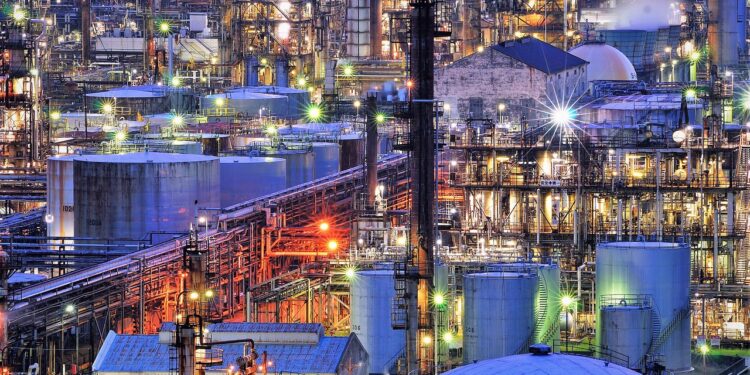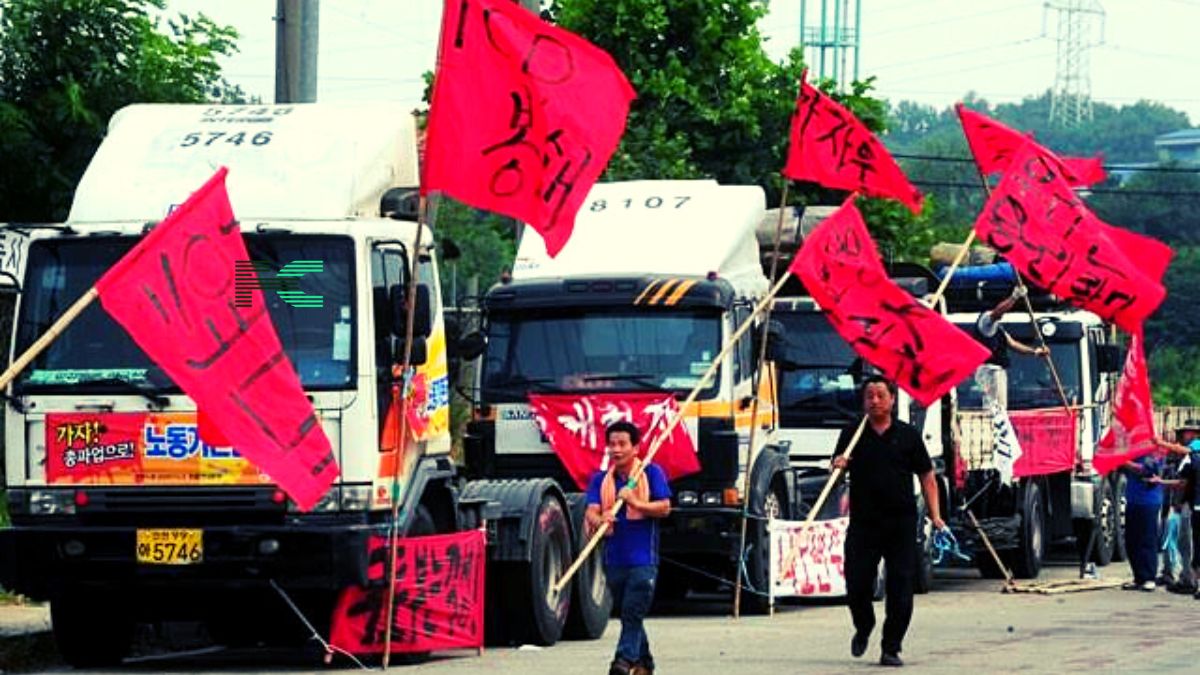The Petroleum and Natural Gas Senior Staff Association of Nigeria (PENGASSAN) has announced that the Port Harcourt Refinery has started producing again. This announcement was made by Festus Osifo, the president of PENGASSAN, during a press conference at the end of the National Executive Council (NEC) meeting in Abuja on Tuesday.
Osifo explained that the refinery’s successful rehabilitation was due to careful financial management and the involvement of unions in the project’s oversight. The refinery is now producing key products such as diesel, kerosene, and petrol through its distillation unit.

Osifo pointed out that previous attempts to fix the refinery failed because of a lack of transparency and accountability. He praised the creation of a steering committee, which includes members from both PENGASSAN and NUPENG, to ensure transparency and proper management during the repair process.
While recognising that the refinery’s resumption is a major achievement, Osifo pointed out that its effect on fuel prices is limited by the naira’s devaluation. “With the exchange rate around N1,700 to 1 dollar, the cost of goods, including petroleum products, is bound to remain high,” he explained.
PENGASSAN has reiterated its call for adopting the Nigeria Liquefied Natural Gas (NLNG) ownership model for managing the country’s refineries. Osifo also encouraged the government to involve well-known international oil companies with experience in refinery management to duplicate the success of the NLNG model for Nigeria’s other refineries.
The resumption of production at the Port Harcourt Refinery is a significant development for Nigeria’s oil and gas industry. The refinery, which has a total capacity of 210,000 barrels per day, is expected to greatly help the country’s petroleum products supply.

















